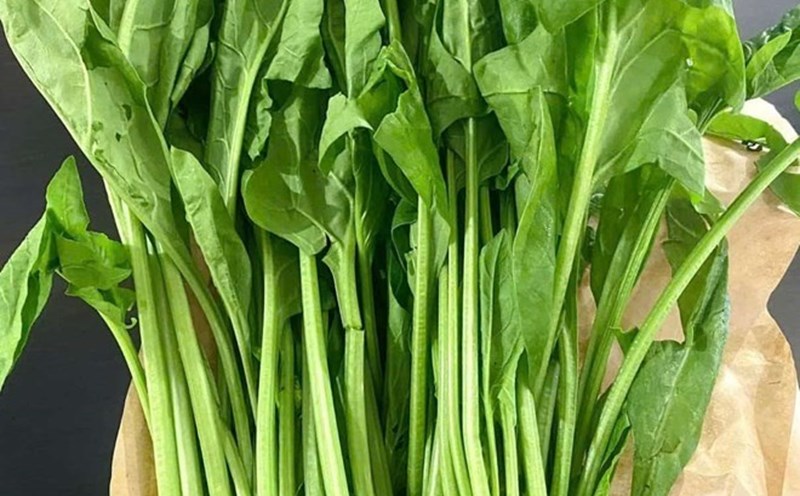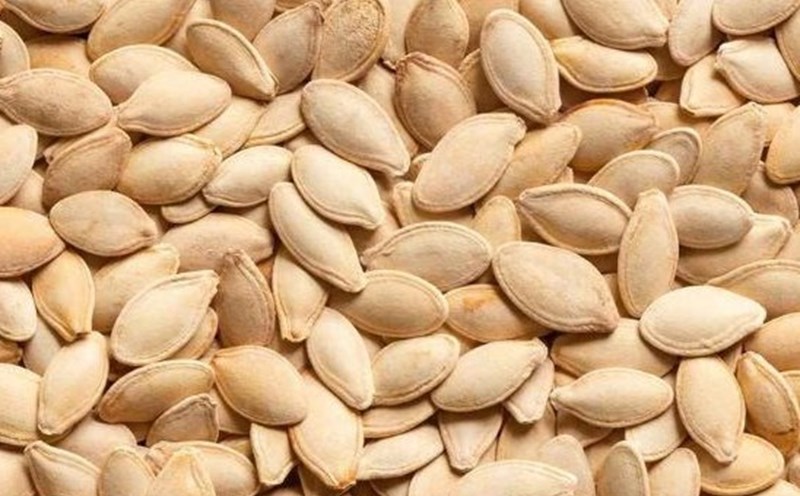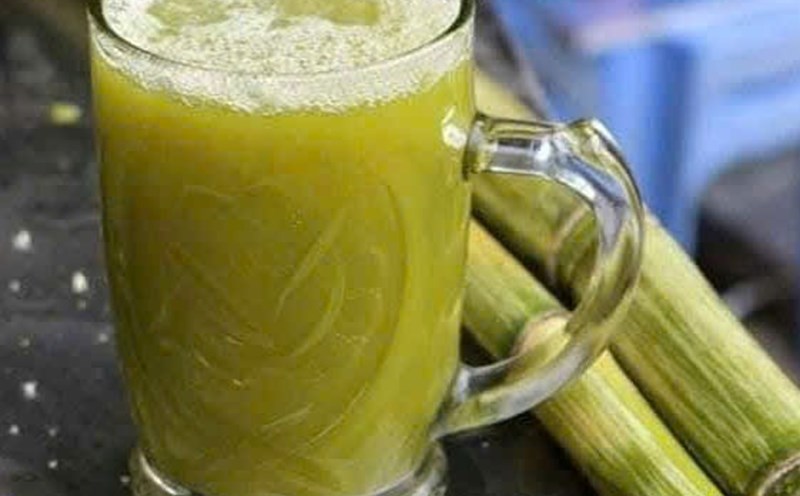Celery juice:
Celery has long been considered a "golden" food for heart and kidney health. This vegetable is rich in antioxidants such as apigenin, luteoline, and high water content, which help increase the excretion of toxins through the urine.
Research from the National Kidney Foundation (USA) shows that regular supplementation of celery can help reduce blood pressure, thereby reducing pressure on the kidneys.
Celery juice provides natural potassium, supports blood pressure control and helps the body maintain fluid balance, which is very beneficial for patients at risk of impaired kidney function.
Carrot juice:
Carrots are known for their high content of beta-carotene and vitamin A, which support liver detoxification, while improving eyesight and boosting immunity.
Antioxidants in carrots help reduce oxidative stress in the liver, preventing liver cell damage in people at risk of fatty liver.
Carrot juice also helps increase bile production, supports fat digestion, thereby reducing the burden on the liver.
Cucumber juice:
Cucumbers contain more than 90% water, and are rich in silica, potassium and antioxidants. Thanks to that, cucumber juice has a diuretic effect, cleans the urinary tract and helps the kidneys detoxify effectively.
Cucumbers also help balance acids and alkalines in the body, preventing the formation of kidney stones.
Dr. Josh Axe, a US-based natural nutritionist, recommends that a glass of cucumber juice per day not only provides hydration but also helps reduce inflammation, supporting the liver and kidneys to function more effectively.
Grapefruit juice:
Grapefruit is a fruit rich in vitamin C and flavonoids, which help protect the liver from damage caused by free radicals. A study in the World Journal of Gastroenterology shows that the compound naringenin in grapefruit has the ability to reduce inflammation and support the regeneration of liver cells.
For the kidneys, vitamin C in grapefruit also has the effect of boosting immunity, reducing the risk of urinary tract infections.
However, people who are taking medication need to consult a doctor, because grapefruit can interact with some medications.
Experts recommend not to overuse. The recommended amount is from 150 - 250ml per day, prioritizing pure juice, no added sugar.











